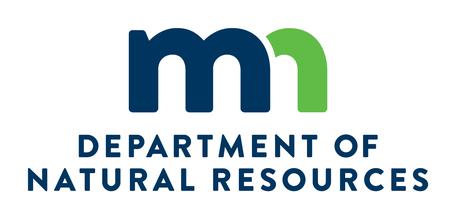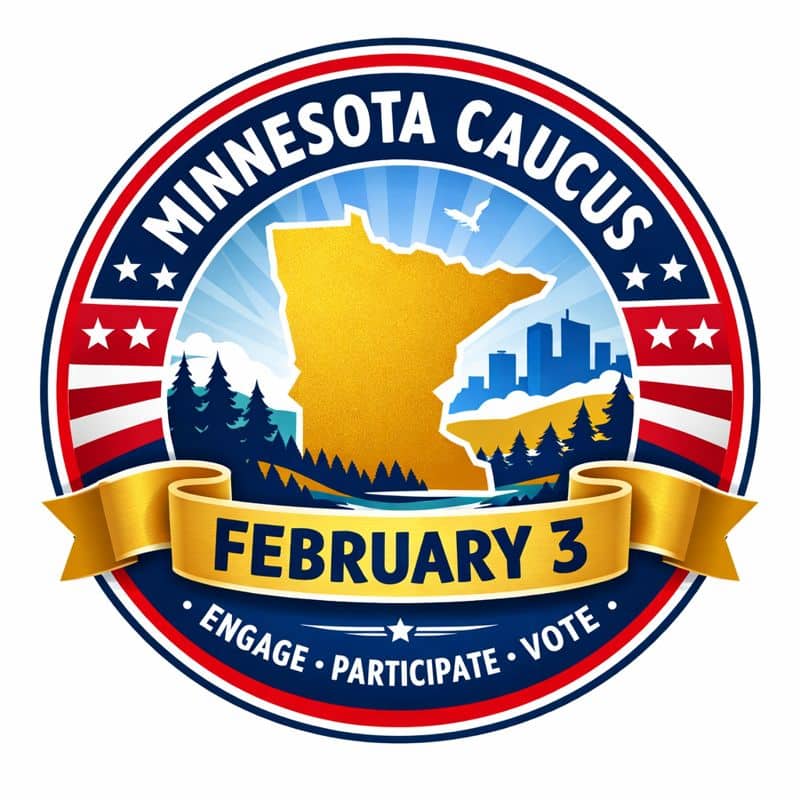Minnesota Department of Natural Resources conservation officers and their public safety partners are stepping up efforts to keep Minnesota’s waterways safe from July 2-4. The increased focus on boating under the influence is part of Operation Dry Water. This nationwide campaign highlights the dangers of boating under the influence of drugs and alcohol and calls attention to the heavy penalties associated with boating while intoxicated.
Minnesota’s lakes and rivers likely will be extraordinarily busy this holiday weekend. When boaters hit the water, though, they should choose something other than alcohol to drink. Boating while intoxicated (BWI) is the leading contributing factor in boating accidents and fatalities: in recent years, nearly half the fatal boating incidents in Minnesota involved alcohol.
“If you’re caught boating under the influence, there won’t be a warning or a second chance,” said Lt. Adam Block, DNR Enforcement boating law administrator. “The stakes are too high, and people who enjoy the water the right way shouldn’t be at risk because someone else decides to drink and boat.”
The penalties associated with boating under the influence have never been higher, particularly in Minnesota, which has some of the nation’s strongest BWI laws. People convicted of drinking and driving—whether they’re driving a boat, motor vehicle, or recreational vehicle—lose their privilege to operate any of them.
The reason many boating accidents turn fatal is because the people who fall overboard aren’t wearing a life jacket. At the same time, being intoxicated is often what causes them to end up in the water in the first place. Public safety officials urge all boaters to stay “dry” on the water and wait until they’re back on shore to drink alcohol.
For more information, visit the Operation Dry Water website (OperationDryWater.org) and the boating safety page of the DNR website (mndnr.gov/BoatingSafety).
Operation Dry Water activities are sponsored by the National Association of Boating Law Administrators in partnership with the U.S. Coast Guard.





